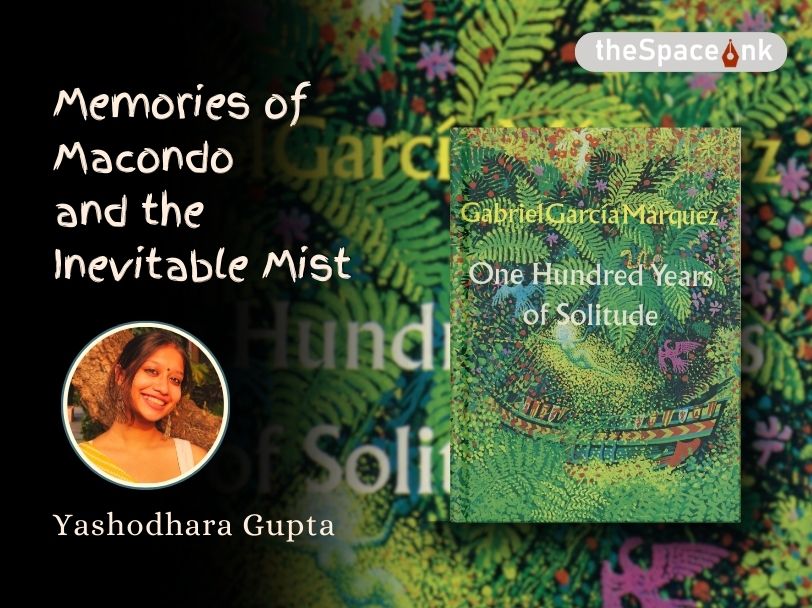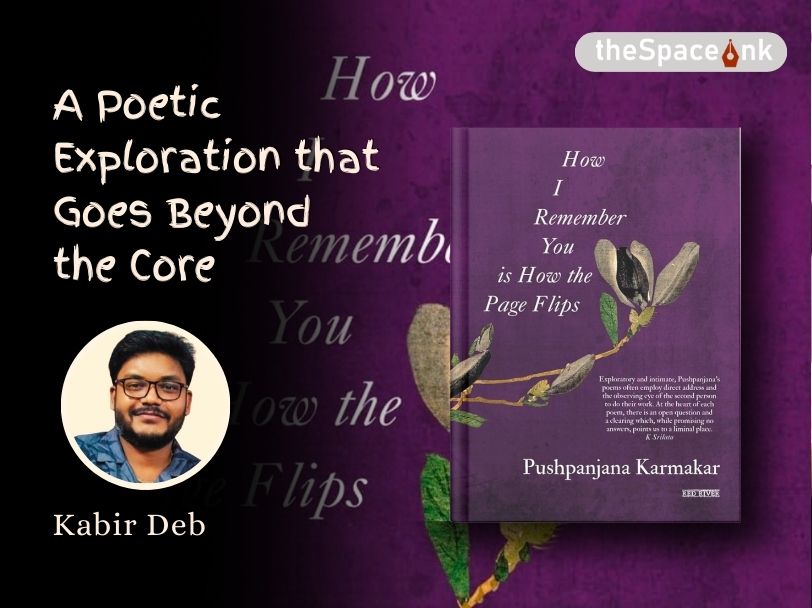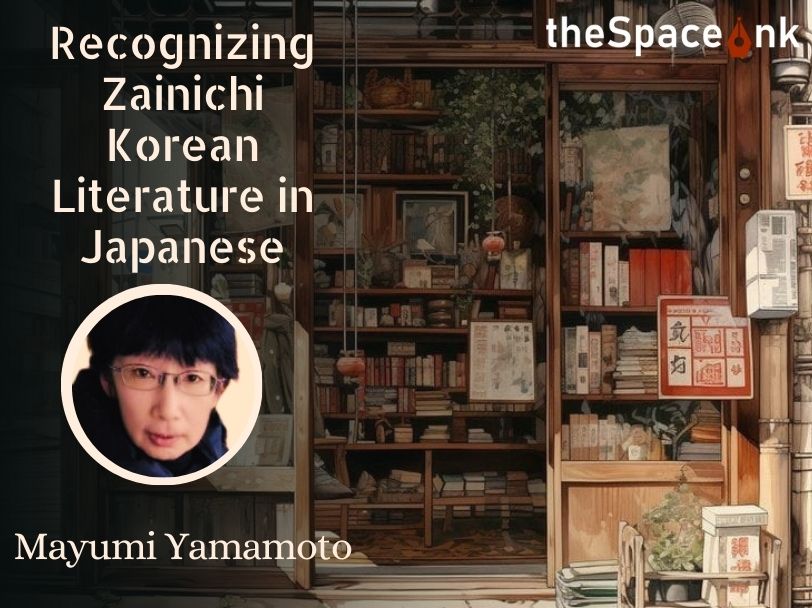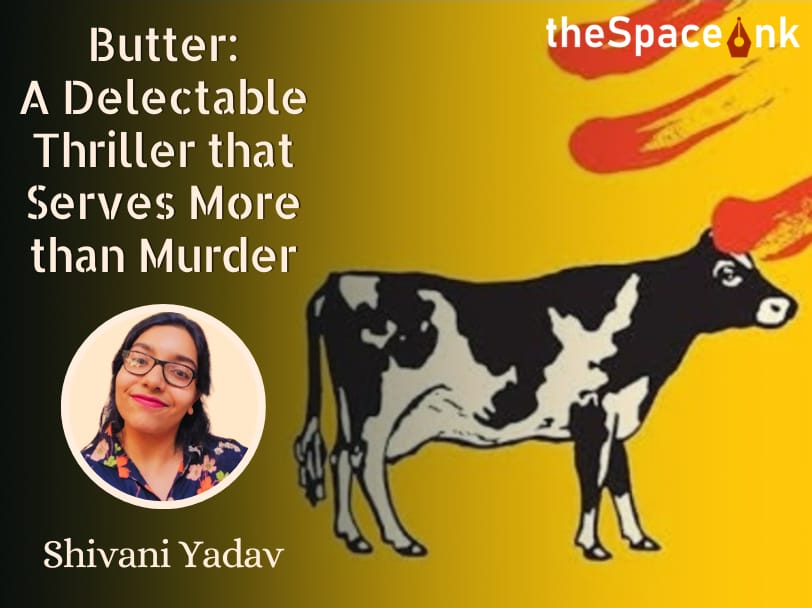Author Anand Neelakantan wears many hats. Apart from being a very popular writer, he is also an orator and mythologist. Some of his best works include Queen of Mahishmathi, Asura, Tale of the Vanquished, Ajaya, The Epic of Kaurava Clan, Rise of Kali, Vanara, The Legend of Baali, Sugreeva and Tara, Bahubali Series, Rise of Sivagami and Bahubali Series, Chaturanga.
His latest book Valmiki’s Women, published by Westland is a tale about the marginalised women in the epic. Here he raises pertinent questions like would King Dasharatha even have his coveted sons were it not for the sacrifice of his daughter Shanta? Was Manthara an evil, conniving handmaid to the queen, or a loving mother who tried to protect her ward from palace intrigues? How did Meenakshi of the beautiful eyes transform into the embodiment of ugliness and immoral lust? In an epic that revolves around the life of a righteous prince, what role do the women play?
In an exclusive interview with The Space.Ink author Anand Neelakantan talks in detail about why books based on Indian epics are selling like hot-cakes these days.
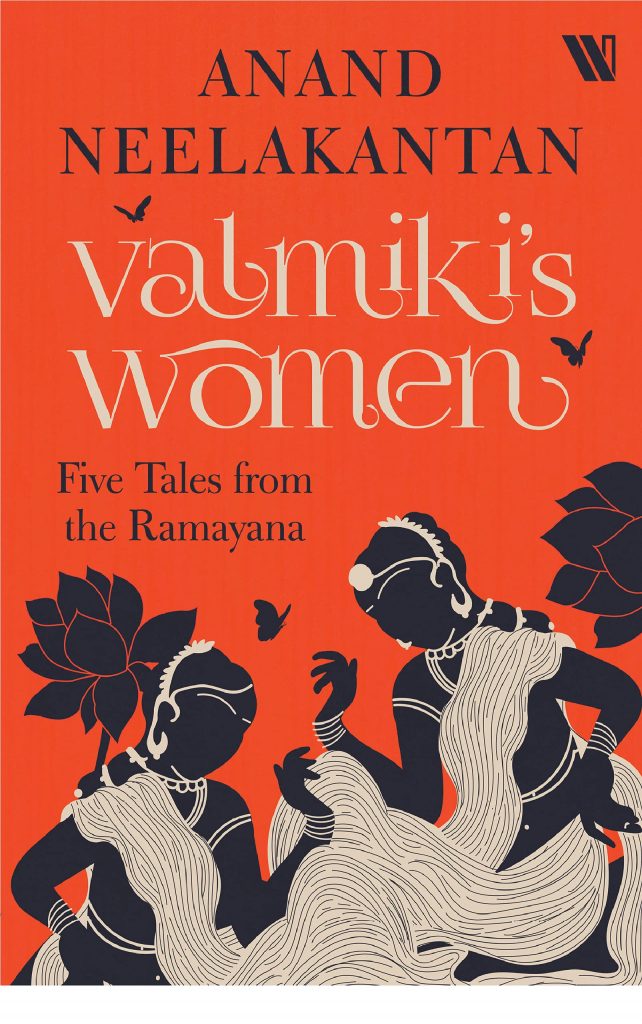
How different is your book from the original Ramayana?
There is nothing called the original Ramayana. There are thousands of versions of Ramayana. My book Valmiki’s Women is a collection of five short stories and not a translation of any Ramayana. It is based on the perspective of marginalised characters like Tataka, Soorpanakha, Manthara and others.
Why is it that the women needed a different book altogether? Didn’t they have a voice in the original Ramayana?
The devotional Ramayana focuses on Lord Rama and not on its women except Sita. Over the centuries, characters such as Shanta, the elder sister of Lord Rama have been forgotten and some other characters like Soorpanakha or Tataka have become unidimensional. This book is an attempt to give voice to such forgotten characters.
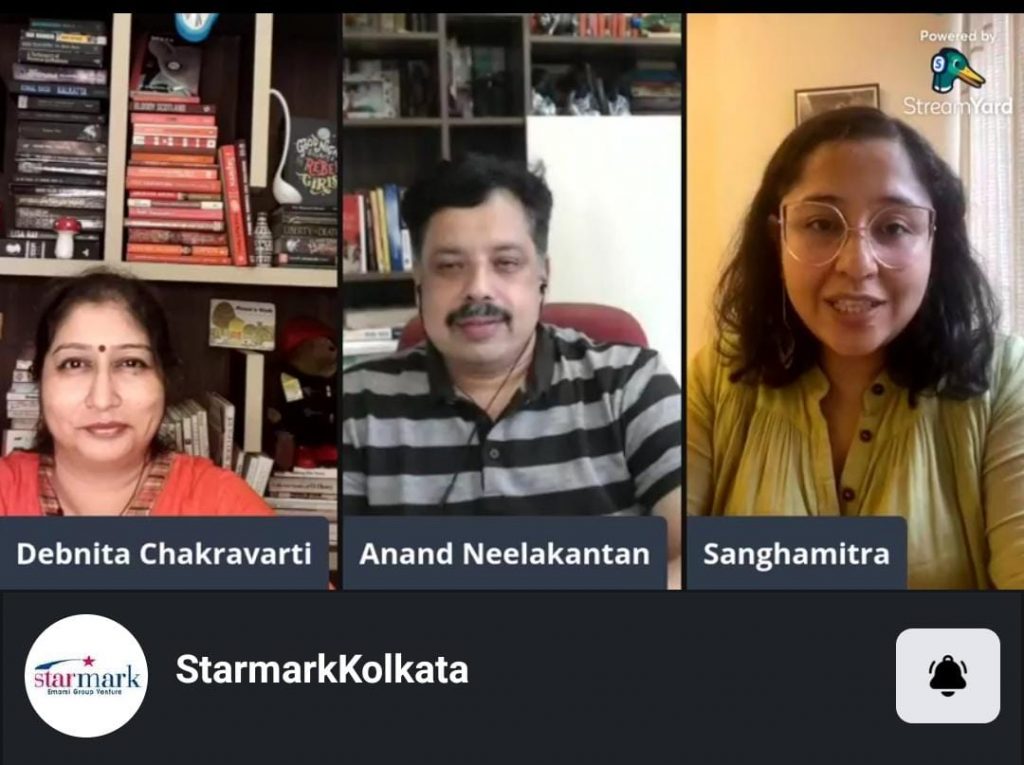
What do you make of this trend of books inspired by mythology? Why do you think the readers are so interested in them now, more than ever before?
Readers have been interested in our Purana-based stories since time immemorial. Since such books have started appearing in English, it is getting some more publicity among the classes that hadn’t bothered much about this genre earlier. In most Indian languages, stories based on Puranas have been quite popular and many of the Jnanpith or Sahitya Academy-winning works are based on our epics.
Retelling of classics can also lead to jingoistic patriotism in many ways, especially under the present government. Are you worried about something like this happening anytime soon?
We have been retelling our Puranas forever. From Bhasa and Kalidasa, to eminent Indian language writers of this era, we have been telling and retelling our epics for thousands of years. Why should it make anyone uncomfortable now? If someone wants to be jingoistic, he or she doesn’t need a retelling for the same.
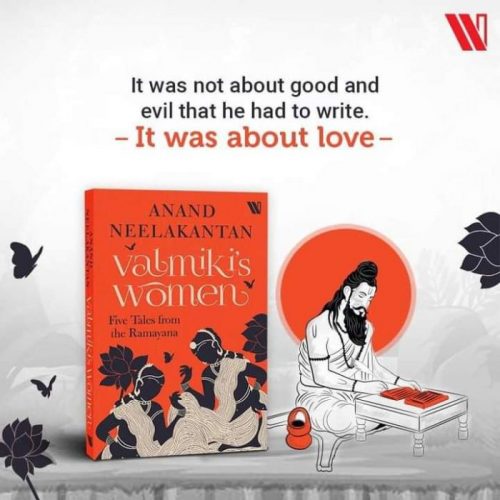
As an Indian writer, can you differentiate mythology from religion? How?
The term mythology itself is very misleading. We have our myths, but Ramayana or Mahabharata are not just myths or religious texts. They are much more than that and form the basis of our civilisation and culture. They keep evolving as per the needs of the time. Religion is not a bad thing per se. If someone is misusing religion for political purposes, that is a different thing. In fact, by writing about multiple versions of the epic, we are celebrating the diversity of Indian thought and culture and this itself is an antidote to the rigid and fanatic versions that politicians propagate to divide and rule us.
Your books have also been made into films. Do you think most writers in India today are more aspirational of a career in writing for films rather than writing for books?
There is nothing superior about books or inferior about films. Stories can be told in many different ways. Every era will have a dominant form of storytelling. Once upon a time, stories were told as songs or poetry. Then came the era of stage plays. Novels became the best form of telling stories in the last century.
Now is the era of visual storytelling. So, aspiring storytellers should concentrate on this era’s way of telling stories if they want to reach more people. Just like how we won’t ask a novelist why she isn’t writing poetry or a play instead, a screenplay writer also needn’t be criticised for not writing novels. I want my stories to appeal to an audience who are used to visual storytelling like cinema or television. Hence my writing would be visual, even when I write novels or short stories. Naturally, they would lend themselves more easily to the visual medium than stories that are less visual.
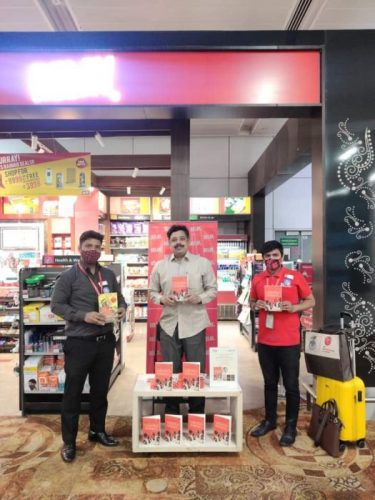
Is Indian writing on mythology slowly becoming a second cousin to historical fiction? If yes, then does it serve the cause of retelling of classics at all?
I don’t understand the family tree of writing genres and whether one form of stories are first cousins, uncles or aunts of some other genre. Who decides whether it serves a cause? It should be the reader, right? As long as the readers love the retellings or counter-tellings, writers can live with the armchair critics splitting hair over whether it is relevant or not. Let the readers and time decide which books are relevant!
Images courtesy: Facebook & Starmark Bookstore
A writer, journalist and radio presenter based in Kolkata.





